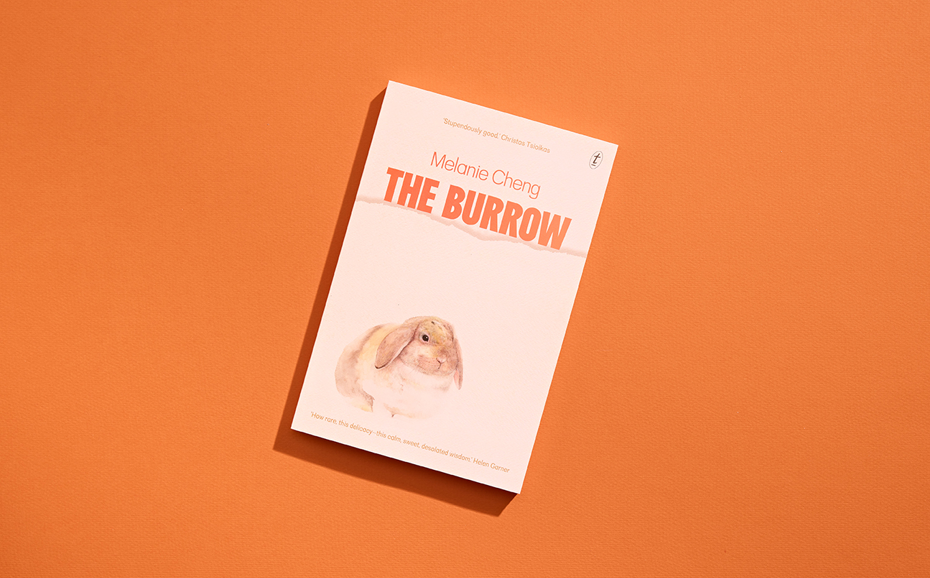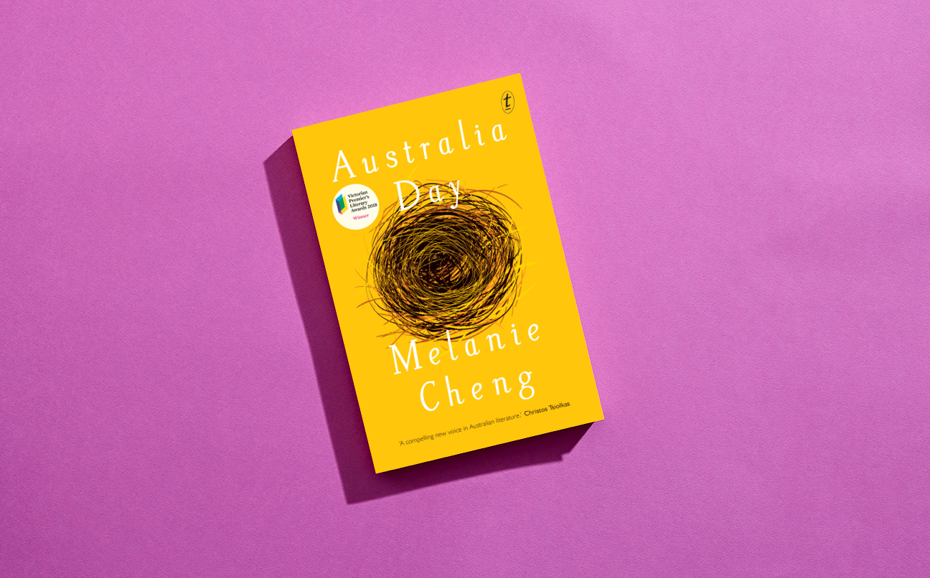We know that this story came to you during a writing slump in the middle of the pandemic. Which one came to you first, the plot or a character you built the story around?
I’ve always come to a story really with a premise, rather than characters. With my first novel, Room for a Stranger, it was this homeshare arrangement between an elderly woman and an international student. I just thought that it was a really interesting, unlikely kind of pairing in a domestic setting, and then the characters came from there.
With The Burrow, I’ve had this idea for a story about a family that was dealing with a sudden accidental loss. We so often hear of stories from that acute phase of grief, and this story is meant to show you how the family functions years after the incident. What’s interesting to me, especially as a working GP and seeing patients in the longer aftermath of the loss, is that difficulty when the world has moved forward but they’re still, you know, intensely grieving and feeling stuck. It was such a sad story that I had some hesitation writing, and it was really only when i took in this rabbit for my family that I became interested in the idea of a family coming together over the shared caring of a pet that I thought: oh, hang on, this can be the softness of the story, one that will counter the darkness of the grief.
This book shows people dealing with grief in different ways and at different paces. How did you approach characters dealing with preemptive guilt from that? Like how Pauline immediately hops on a cruise after the incident, and is unable to explain herself.
This tragedy is accidental, and this family is not a family of faith; they’re very scientific, they believe in cause and effect. When an accident happens, they tend to look at what they did wrong, and they fixate on their responsibility in it. And so, each of these family members is nursing immense guilt and shame for what happened to baby Ruby. And so, all the characters are left interpreting each other’s behaviour because they don’t actually talk about what happened, and if you don’t understand the thoughts behind behaviour, these behaviours can seem strange to you. Like you mentioned how Pauline went on a cruise immediately after the incident. It seems at odds with what a normal person would do in that circumstance, but once you understand that she is really grappling with the role she played in the death, then you’d understand that she was trying to escape, and also trying to, I guess, give her family time away from her. She’d feel that they would see her role in the tragedy, that it would be triggering for them to see her.
On Amy’s guilt, I think it’s important because Amy, as a parent, has to continue to function. She has to continue to care for her daughter even though she herself is grappling with enormous shame for not being there, and depression. She does do the practical necessary things to get her fed, bathed, and clothed, helping Lucie with homeschooling. She still shows up, but emotionally, she can’t be there; she’s almost siloed in her grief, and really, it was always going to take some kind of momentous and perhaps unwelcome disruptions for this family to finally start talking to one another again. And those disruptions arrive in the form of, firstly, the rabbit, and secondly, Pauline.










